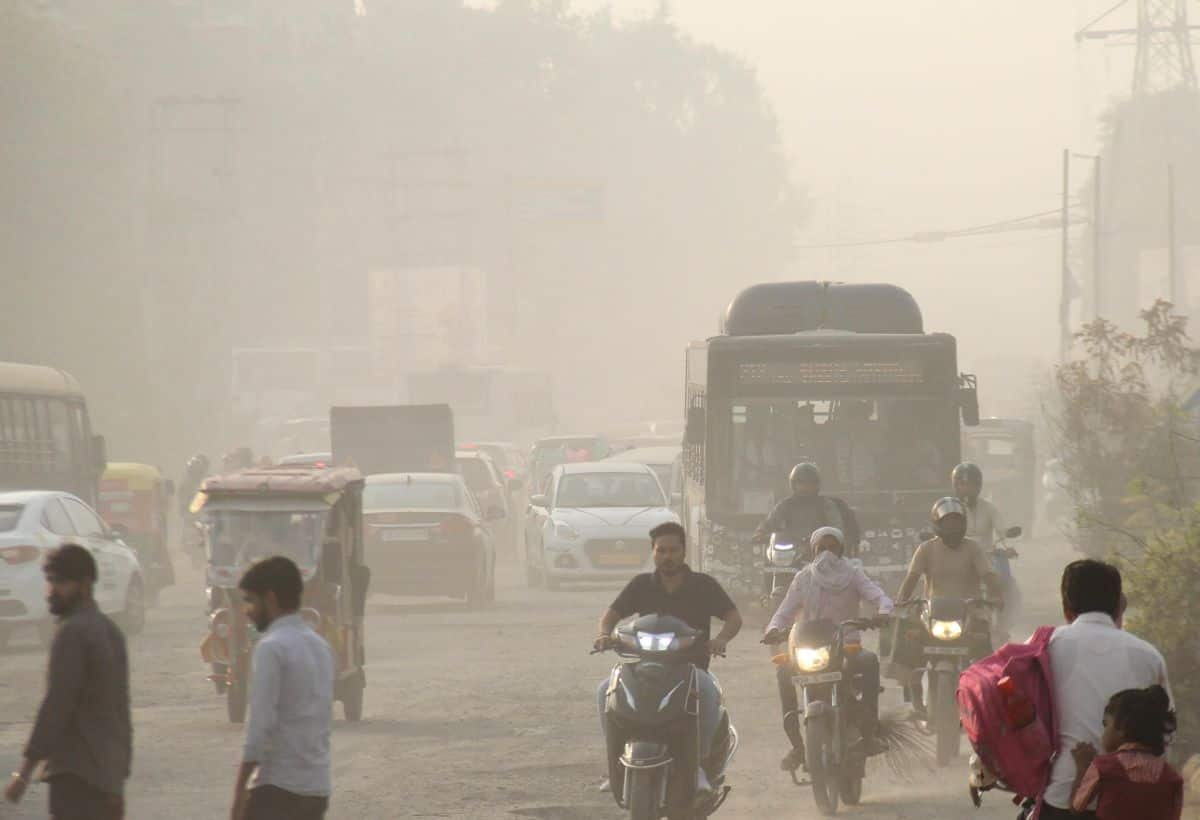Air pollution in Delhi has reached alarming levels, making the city one of the most polluted in the world. As Diwali approaches, the situation is becoming increasingly dire, with the Air Quality Index (AQI) showing dangerous numbers. Residents must prepare for the health risks associated with the deteriorating air quality as the use of firecrackers looms closer.
Current Air Quality Status in Delhi
As of now, various parts of Delhi have recorded AQI levels surpassing 400, which categorizes the air quality as hazardous. This surge in pollution is not only a seasonal issue but a persistent crisis that demands immediate attention. With the ongoing influx of vehicles, industrial emissions, and dust from construction sites, the air quality continuously deteriorates.
Impact of Diwali on Air Quality
The festival of lights, Diwali, is traditionally celebrated with firecrackers, which significantly contribute to air pollution. The use of fireworks releases harmful pollutants into the atmosphere, compounding the existing pollution levels. Studies have shown a considerable spike in respiratory illnesses during this period, particularly among vulnerable populations such as children and the elderly.
Health Risks Associated with Poor Air Quality
Breathing in polluted air can have severe short-term and long-term health consequences. Exposure to high levels of pollution can lead to respiratory issues, cardiovascular diseases, and even neurological problems. It is crucial for residents to monitor air quality regularly and take precautions to mitigate health risks.
How to Protect Yourself During Poor Air Quality
- Stay indoors as much as possible, especially during peak pollution times.
- Use air purifiers to improve indoor air quality.
- Avoid outdoor exercises when the AQI is high.
- Wear masks designed to filter out particulate matter when going outside.
Measures to Combat Air Pollution in Delhi
The government and local authorities must take urgent action to address the pollution crisis. Implementing stricter regulations on industrial emissions, promoting public transportation, and encouraging the use of electric vehicles can significantly improve air quality. Additionally, public awareness campaigns can educate residents about the importance of reducing firecracker usage during Diwali.
Community Engagement and Responsibility
Communities play a vital role in combatting air pollution. Residents can engage in various activities, such as tree planting, participating in clean-up drives, and advocating for sustainable practices in their neighborhoods. Collective efforts can lead to a more significant impact on improving Delhi’s air quality.
Conclusion
As Delhi grapples with severe air pollution, it is imperative for both individuals and authorities to take proactive measures. With Diwali around the corner, it provides an opportunity for citizens to celebrate responsibly while prioritizing their health and the environment. By working together, we can strive toward a cleaner, healthier future for the city.
